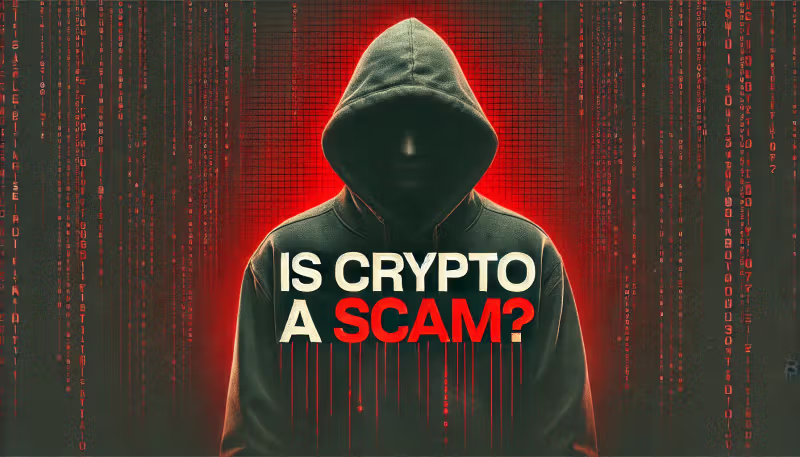How Do I Know if a Cryptocurrency Is Legitimate or a Scam?
Cryptocurrency has revolutionized the way we think about money and finance. With promises of high returns and financial freedom, it’s no wonder millions are eager to invest. But here’s the catch: not every cryptocurrency is legitimate. Scammers are constantly creating fake projects to lure unsuspecting investors. So how do you protect yourself? Let’s break it down.
Research the Team Behind the Project
Every legitimate cryptocurrency project has a credible team. Look into the founders, developers, and advisors. Are their names and credentials publicly available? Do they have a history of successful projects? If the team is anonymous or their profiles seem suspiciously vague, that’s a red flag.
Pro Tip: Use platforms like LinkedIn to verify the team’s background and ensure their experience matches the project’s goals.
Read the Whitepaper Carefully
A whitepaper is a document that outlines the purpose, technology, and roadmap of a cryptocurrency project. Legitimate projects will have a clear and detailed whitepaper. Scams, on the other hand, might present vague or overly technical jargon to confuse you.
Ask yourself:
- Does the whitepaper explain what problem the cryptocurrency solves?
- Is the roadmap realistic?
- Does it provide a clear use case?
No whitepaper? Run the other way.
Check for Community Engagement
A legitimate cryptocurrency project will have an active and engaged community. This could be on platforms like Twitter, Discord, Reddit, or Telegram. Scammers often create fake followers or bots to inflate numbers, so focus on the quality of discussions.
Signs of legitimacy:
- Developers regularly update the community.
- Members discuss real-world applications and project updates.
- The tone of the community is professional yet enthusiastic.
If the group is filled with hype phrases like “Get rich now!” or “Guaranteed profits!”, proceed with caution.
Analyze the Project’s Partnerships
Legitimate cryptocurrencies often collaborate with reputable companies, institutions, or organizations. Verify if these partnerships are real by visiting the official websites of the mentioned partners. Scammers often falsely claim affiliations to build credibility.
Inspect the Tokenomics
Tokenomics refers to how a cryptocurrency’s tokens are created, distributed, and used. Legitimate projects will have a transparent system. Key factors to evaluate include:
Supply Cap
Is there a maximum number of tokens?
Distribution Plan
Are tokens distributed fairly?
Purpose
Does the token have a real use case?
If the founders hold a massive percentage of tokens or if the distribution seems heavily skewed, it could be a pump-and-dump scheme.
Look for Independent Audits
Legitimate projects often undergo security audits by independent firms. These audits ensure the code is secure and the project operates as promised. If there’s no audit or the audit report is missing, you should question the project’s credibility.
Be Wary of Unrealistic Promises
“If it sounds too good to be true, it probably is.” Scammers often lure victims with promises of high returns and low risk. Legitimate investments come with both potential rewards and risks.
Avoid Pressure Tactics
Scam projects often create a false sense of urgency, urging you to “buy now” or risk missing out. This tactic is designed to prevent you from thinking critically. Take your time to evaluate any investment.
Verify the Exchange Listing
If a cryptocurrency is listed on reputable exchanges like Binance, Coinbase, or Kraken, it adds a layer of credibility. However, being listed isn’t a guarantee of legitimacy, so combine this step with the others mentioned here.
Use Trusted Sources for Reviews
Search for reviews from trusted crypto experts or platforms. Be cautious of overly positive reviews, especially if they’re from unknown sources. Some reviews might be paid promotions, so always cross-reference information.
Final Thoughts
Investing in cryptocurrency can be incredibly rewarding, but it requires vigilance. By researching thoroughly and trusting your instincts, you can avoid scams and make smarter investment decisions. Remember, in the world of crypto, skepticism is your best friend.
Got questions or experiences to share about spotting crypto scams? Drop them in the comments below—we’d love to hear from you!

